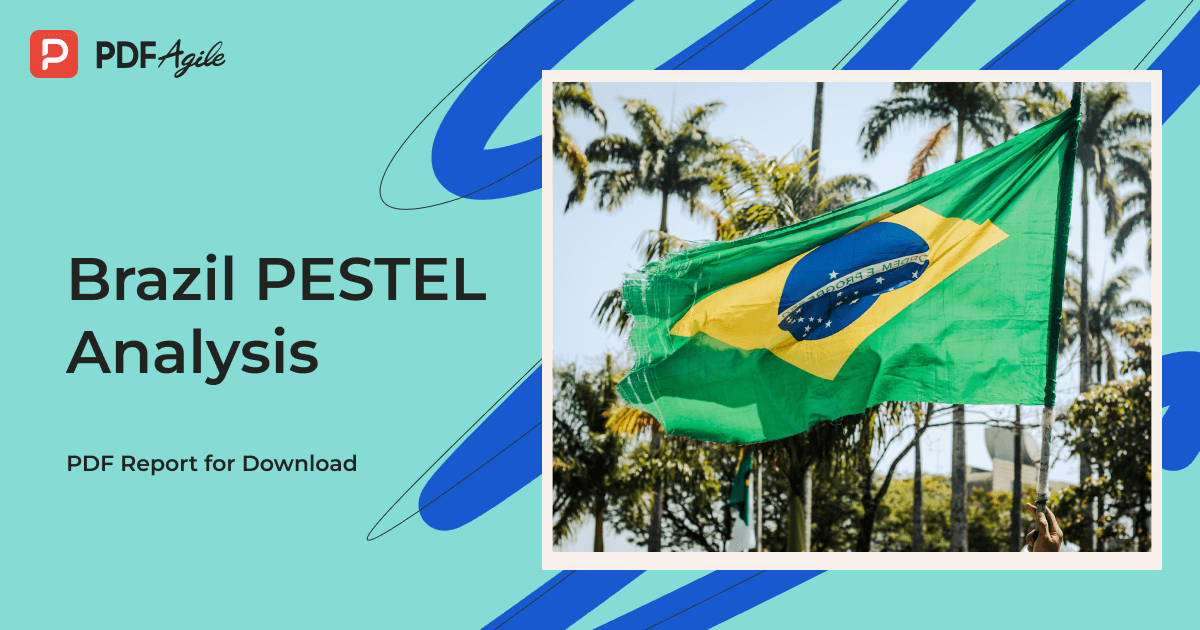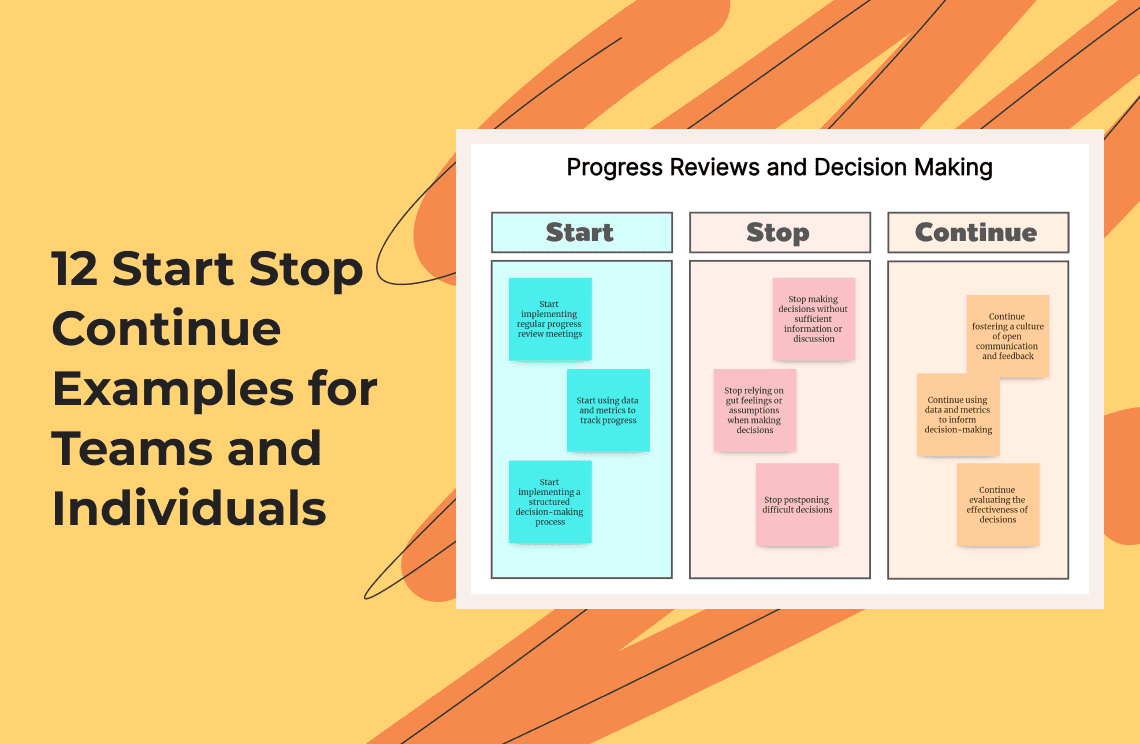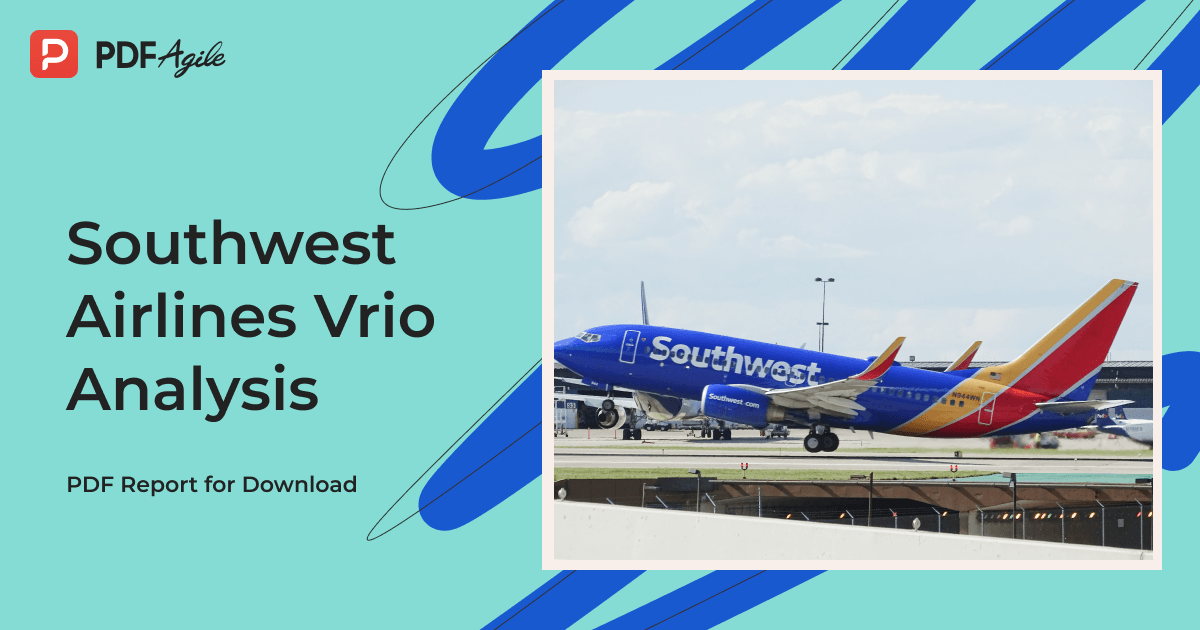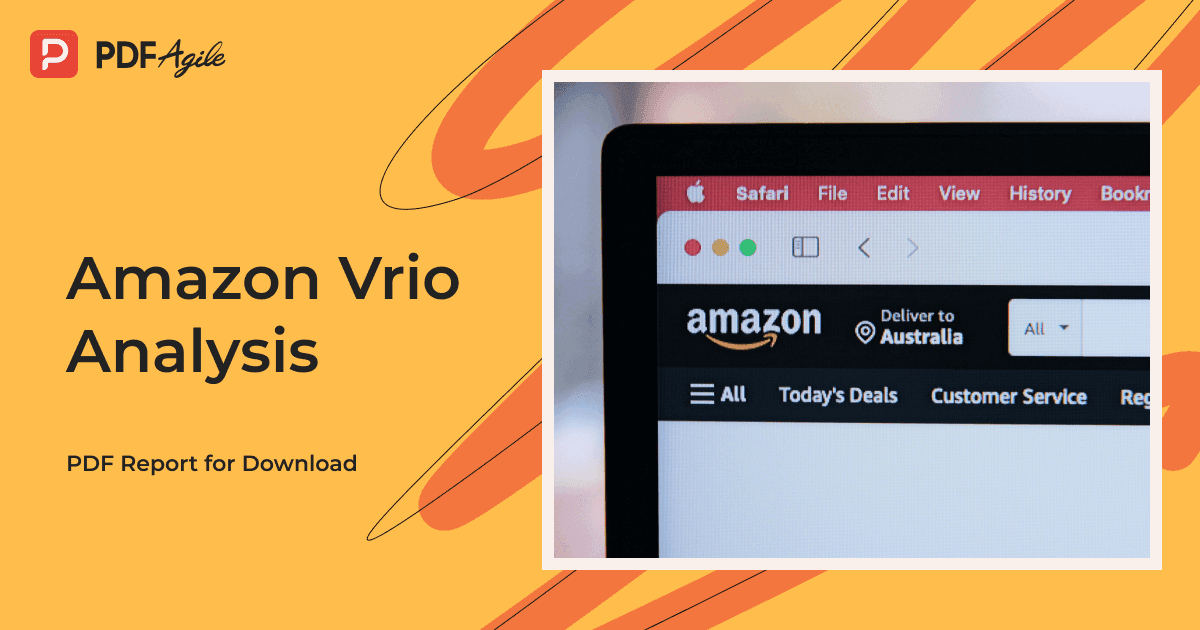Introduction
In this article, we will be looking at the PESTEL Analysis for Brazil and its essential factors. Before we get into it, what is PESTEL analysis anyway?
A PESTEL analysis is a framework often used to assess a company's operating environment. The framework was initially known as a PEST analysis, which stood for Political, Economic, Social, and Technological elements. However, it later expanded to incorporate Environmental and Legal issues in more recent history.
So, what is PESTEL Analysis used for exactly? PESTLE analysis helps gain a broad view of an industry's environment, including Political, Economic, Social, Technological, Legal, and Environmental elements. It enables a corporation to understand the aspects that might influence a new business or sector. Before we head into the Brazil PESTEL Analysis, let's look at a brief overview of Brazil itself to help our understanding of its PESTEL analysis further.
Background of Brazil
Brazil is South America's and the world's fifth-biggest country. With a 4,500-mile (7,400-kilometer) Atlantic Ocean coastline, it forms a massive triangle on the continent's eastern side. Except for Chile and Ecuador, it shares boundaries with all of South America.
Brazil was formally "found" in 1500, when a ship led by Portuguese ambassador Pedro lvares Cabral arrived at Porto Seguro, halfway between Salvador and Rio de Janeiro, on its route to India.
The terrain of Brazil is quite diverse. It is well renowned for its lush woods, notably the Amazon in the north, the world's biggest rainforest. Dry grasslands (known as pampas), rocky hills, pine forests, huge marshes, enormous plateaus, and coastal plains are all present. Brazil Key Information
Brazil Key Information
Population | 190.7 million |
Capital city | Rio de Janeiro |
Language | Portuguese |
Currency | Brazilian Real |
GDP | $2.518 trillion |
Life Expectancy | 73.5 years |

Image Source: www.unsplash.com
PESTEL Analysis for Brazil
Here, we will finally explore the in-depth PESTEL Analysis for Brazil. We will examine political, economic, social, technological, environmental, and legal factors affecting Brazil today.
We can break down the PESTEL Analysis of Brazil into five factors, namely.
- Political Factor
- Economic Factor
- Social factor
- Technological Factor
- Environmental factor
- Legal Factor
Political Factor
The political factor is the first thing we have to look at in the factors affecting the PESTEL Analysis of Brazil.
Political factors include tax policy, environmental laws, trade limitations and reform, tariffs, and political stability. These criteria affect how much a government may influence a business or an industry. For example, the government may enact new tax laws that alter a company's whole revenue-generating structure.
Brazil belongs to several international organizations and unions, including the International Monetary Fund, the United Nations, the World Bank, the WTO, the G20, Mercosur, and the BRICS. It is also a critical OECD partner. Brazil and the United States have significant political and economic ties.
Economic Factor
Economic variables are those that affect the overall economy and are mostly monetary. Among them are:
- Rates of interest
- Rates of employment
- Inflation
- Rates of exchange
Brazil has the world's eighth-largest economy in terms of nominal GDP. In multiple industries, such as infrastructure, health, aviation, energy, information technology, education, and tourism, the country provides enormous prospects for domestic and foreign firms.
Social Factors
Social issues may be a minor influence compared to more concrete items like interest rates or corporate taxation. Nonetheless, they have the potential to have a surprisingly significant impact on whole sectors as we know them. Consider how the emergence of linked fitness technology and various changes in the kind of food goods we consume and how these food products are packaged and sold have ushered in the evolution of healthier and more active lifestyles.
Brazil is one of the world's most diversified countries, with almost 213 million people. Men have a 72-year life expectancy, while women have a 79-year life expectancy. The country's primary language is Portuguese, and its primary religion is Christianity.
Technological Factors
Technological aspects refer to technological advancements and inventions. These variables influence a company's operations. Several breakthroughs in the technical area are being produced, such as Artificial Intelligence, IoT, Machine Learning, and Deep Learning, and a firm that fails to keep up with the trend may lose its market position.
Environmental Factors
Next up on the list of factors in our PESTEL Analysis for Brazil is the environmental factor.
These elements primarily address the impact of the surrounding environment and the impact of ecological factors. Among them are waste disposal legislation, environmental protection laws, and energy consumption regulations.
Legal Factors
Changes in the regulatory environment can result in legal issues that influence the entire economy, specific industries, or even individual enterprises within a sector. Among them include, but are not limited to:
- Industry oversight
- Employment and consumer protection regulations demand licenses and permissions to operate.
Brazil PESTEL Analysis PDF
Political Factors: 1. Corporate Tax 2. Free-Trade Disputes 3. Fiscal Policy Initiatives | Economic Factors 1. Interest rates 2. Inflation 3. Exchange Rates |
Social Factors: 1. Demographic Considerations 2. Lifestyle 3. Consumer Perceptions | Technological Factors 1. Automation 2. Technological infrastructure 3. Cyber security |
Environmental Factors 1. Carbon Footprint 2. Climate Changes 3. extreme weather events | Legal Factors 1. regulation of industries 2. Licenses and permits for business operations 3. employment and consumer protection laws |
You can download the Brazil PESTEL Analysis PDF using PDF Agile.
PDF Agile allows users to quickly build up a customized e-filing system using this PDF converter. Users can also manage PDF files and information more effectively.
The following are the characteristics of this PDF converter:
- Convert Word, Excel, PowerPoint, TXT, images, and CAD files to and from PDF without losing formatting.
- Organize and edit PDF documents.
- Optimize the digital reading experience by choosing between three separate settings for all conditions: splitting and combining documents, applying stamps, watermarks, headers, and footers, and dragging and dropping pages inside a file or from one document to another. You may switch between Reader Mode, Full-Screen Mode, and Slideshow with a single touch.
Key Takeaways
Now that you understand the PESTEL Analysis of Brazil, it isn't so hard to see the invisible hands that work in shaping the economic structure of Brazil. This article explained PESTEL analysis as a frequently used tool to gather information. It aids an organization in determining the external elements that may influence internal decisions. Did you like this article? Use PDF Agile to take care of all your PDF paperwork and document conversions related to Brazil Pestel Analysis.
References
Pestle Analysis available at: https://pestleanalysis.com/pest-analysis-brazil-shows-high-potential-growth/
Euro Monitor is available at: https://www.euromonitor.com/pest-analysis-brazil/report
Swot Pestle Analysis available at: https://swotandpestleanalysis.com/pestle-analysis-of-brazil/





